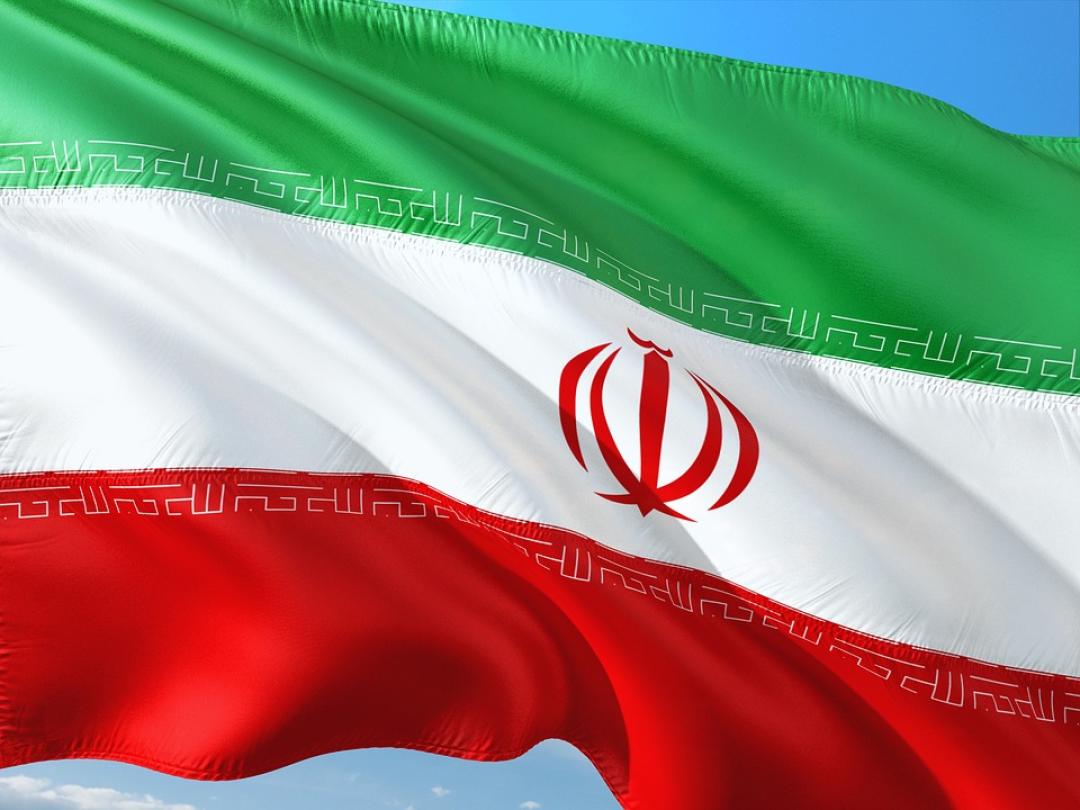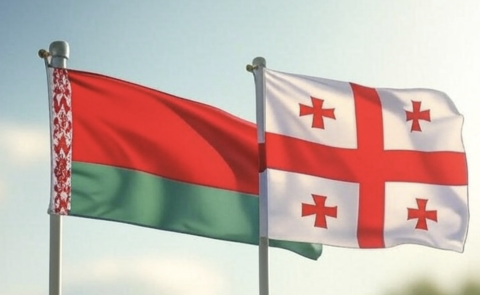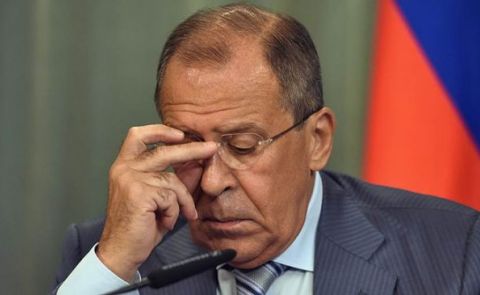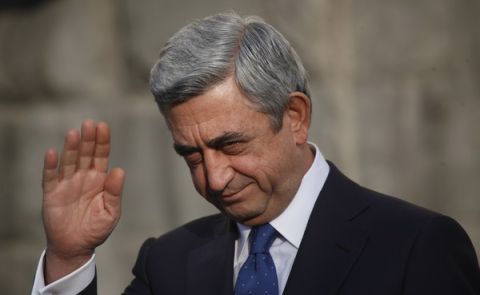
Iran’s Ambassador to Armenia Supports Peace Talks, Sovereignty, and Expanding Bilateral Relations

On May 22, Mehdi Sobhani, Ambassador Extraordinary and Plenipotentiary of Iran to Armenia, reaffirmed Tehran’s support for peace negotiations between Armenia and Azerbaijan and emphasized that any regional unblocking must respect Armenia’s national sovereignty.
During his visit to Armenia’s Syunik region, Sobhani stated that Iran considers a peace agreement beneficial for both countries and regional stability and prosperity, adding that Tehran remains ready to facilitate its conclusion. He praised Armenian Prime Minister Nikol Pashinyan’s “Crossroads of Peace” initiative as an opportunity to unlock regional transport routes and contribute to economic development, stressing that Iran supports unblocking efforts within the framework of state sovereignty.
Commenting on defense ties, Sobhani described the recent visit of Iran’s Defense Minister to Armenia as “very positive and productive,” noting that meetings with Armenian officials demonstrated the strategic nature of bilateral relations, which are expanding across multiple sectors.
Discussing infrastructure projects, the Iranian ambassador highlighted the ongoing highway construction in Syunik, which will reduce travel time from 1 hour 20 minutes to 20 minutes and widen the road from 6 to 17 meters. He described it as a significant improvement for safety and cargo transportation, serving the interests of both countries.
Addressing economic cooperation, Sobhani stated that approximately 300 Iranian companies are operating in Armenia across various sectors. He mentioned the presence of an Iranian steel plant in Armavir and noted that an Iranian-operated shopping center with 109 pavilions exists in Yerevan. Further agreements between the two countries are in progress.
Regarding the stalled Meghri Free Economic Zone, Sobhani explained that the necessary infrastructure on the Armenian side remains incomplete, although negotiations with Armenia’s Ministry of Economy continue to advance the initiative.
On the contentious issue of the so-called “Zangezur Corridor,” Sobhani firmly rejected the possibility of resolving disputes through force and stated unequivocally that no such corridor would be established by coercion. His remarks followed comments by Turkish Transport and Infrastructure Minister Abdulkadir Uraloglu, who claimed that Ankara and Baku intended to open the corridor within the next 3–4 years.
See Also


Dagestan and Azerbaijan Explore Industrial Cooperation Opportunities

Belarus and Georgia Discuss Establishment of Business Cooperation Council

Central Bank of Georgia Limits Russian Cardholders’ Purchases to 300 Euros

Lavrov’s Yerevan Visit: Support for Armenia’s Security, Russian Military Base, "3+3" Regional Format, CSTO’s Response to 2022 Clashes

